Joint statement comes more than a month after the E3 countries triggered a mechanism reinstating UN sanctions against Iran.
The E3 countries’ joint statement on Friday came nearly two weeks after UN sanctions were reimposed on Iran, under a “snapback” process that the three nations had initiated on August 28 and that became effective one month later.
Recommended Stories
list of 3 itemsend of list
In response, Iran recalled its envoys to the three European countries for consultations.
Iran has said that, following those revived sanctions, it would not immediately resume nuclear talks.
The sanctions set up a global ban on cooperation with Iran on nuclear, military, banking and shipping industries.
The sanctions are aimed at imposing new economic pain to pressure Iran, but it remains to be seen if all countries will enforce them. On September 27, the day before the sanctions came into effect, Iran’s national currency, the rial, fell to new all-time lows.
In their joint statement, the UK, France and Germany said: “We are determined to reinitiate negotiations with Iran and the United States towards a comprehensive, durable and verifiable agreement that ensures Iran never acquires a nuclear weapon.”
A spokesman for the Iranian Foreign Ministry, Esmaeil Baghaei, said on Monday that “we have no plans for negotiations at this stage”.
He added that Iran was examining the “consequences and implications” of the restart of sanctions.
“Of course, diplomacy – in the sense of maintaining contacts and consultations – will continue,” Baghaei said. “Whenever we feel that diplomacy can be effective, we will certainly make decisions based on the country’s interests and priorities.”
Nuclear fears
Western countries, spearheaded by the US and joined by Israel, accuse Iran of pursuing nuclear weapons – a charge Tehran has long denied.
During a 12-day June conflict, the US bombed nuclear sites in Iran, joining an Israeli air campaign that targeted Iran’s top generals and nuclear scientists, as well as civilians in residential areas. Iran retaliated with barrages of missiles and drones against Israel and sites linked to the US. According to Amnesty International, Israeli attacks on Iran killed at least 1,100 people.
The E3 said in Friday’s statement that “it was right that the snapback mechanism had been triggered”.
“Iran’s nuclear programme poses a serious threat to global peace and security,” the bloc of nations added.
In 2015, the US, along with the E3, Russia and China, concluded an agreement with Iran providing for the regulation of Iranian nuclear activities in exchange for the lifting of sanctions.
US President Donald Trump decided during his first term in 2018 to withdraw the US from the deal and to reinstate US sanctions.
In retaliation, Iran pulled back from some of its commitments, particularly on uranium enrichment.
According to the International Atomic Energy Agency (IAEA), Iran is the only country without a nuclear weapons programme to enrich uranium to 60 percent. That is close to the threshold of 90 percent required for a bomb, and well above the far lower level needed for civilian nuclear use.

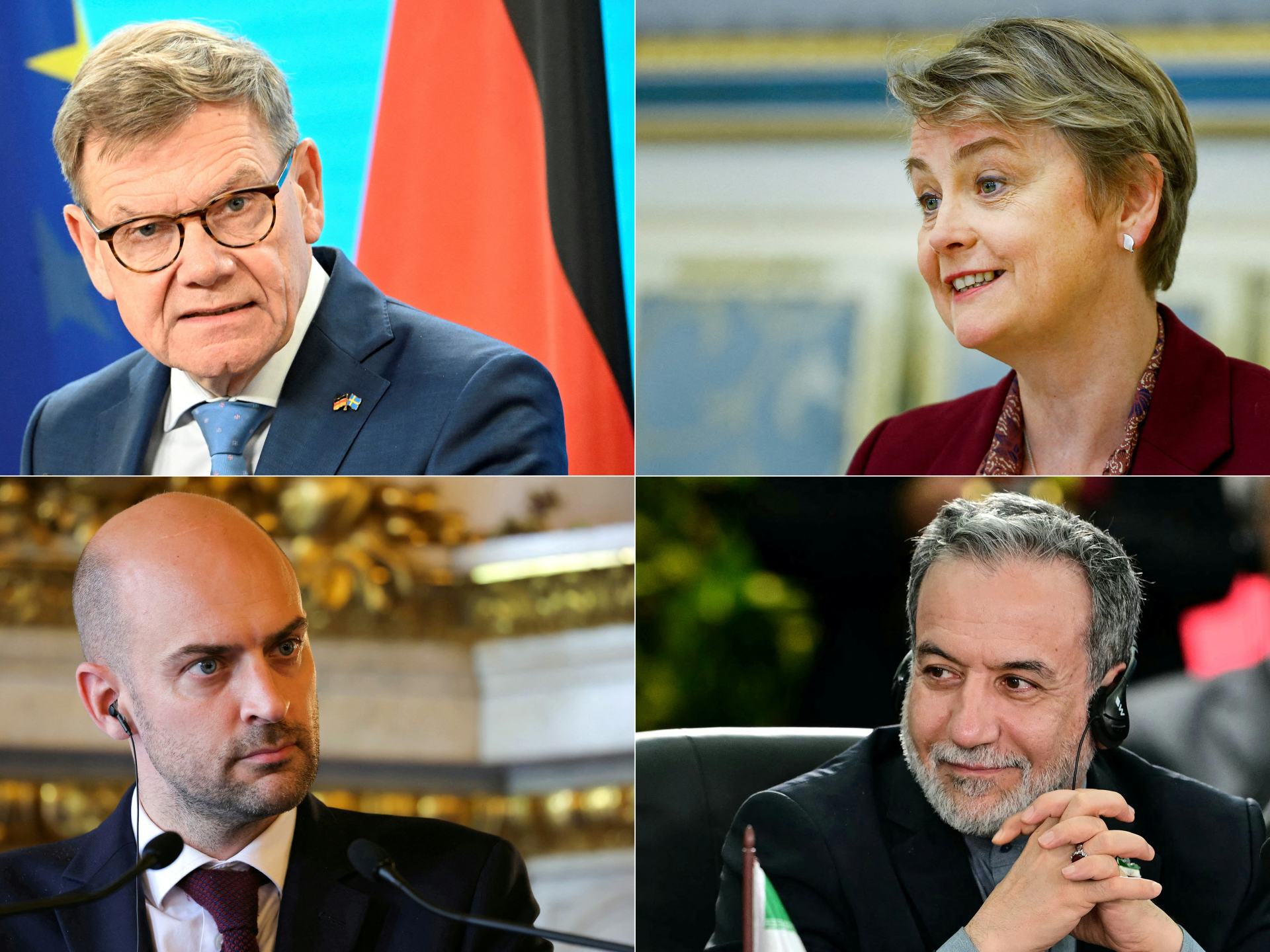
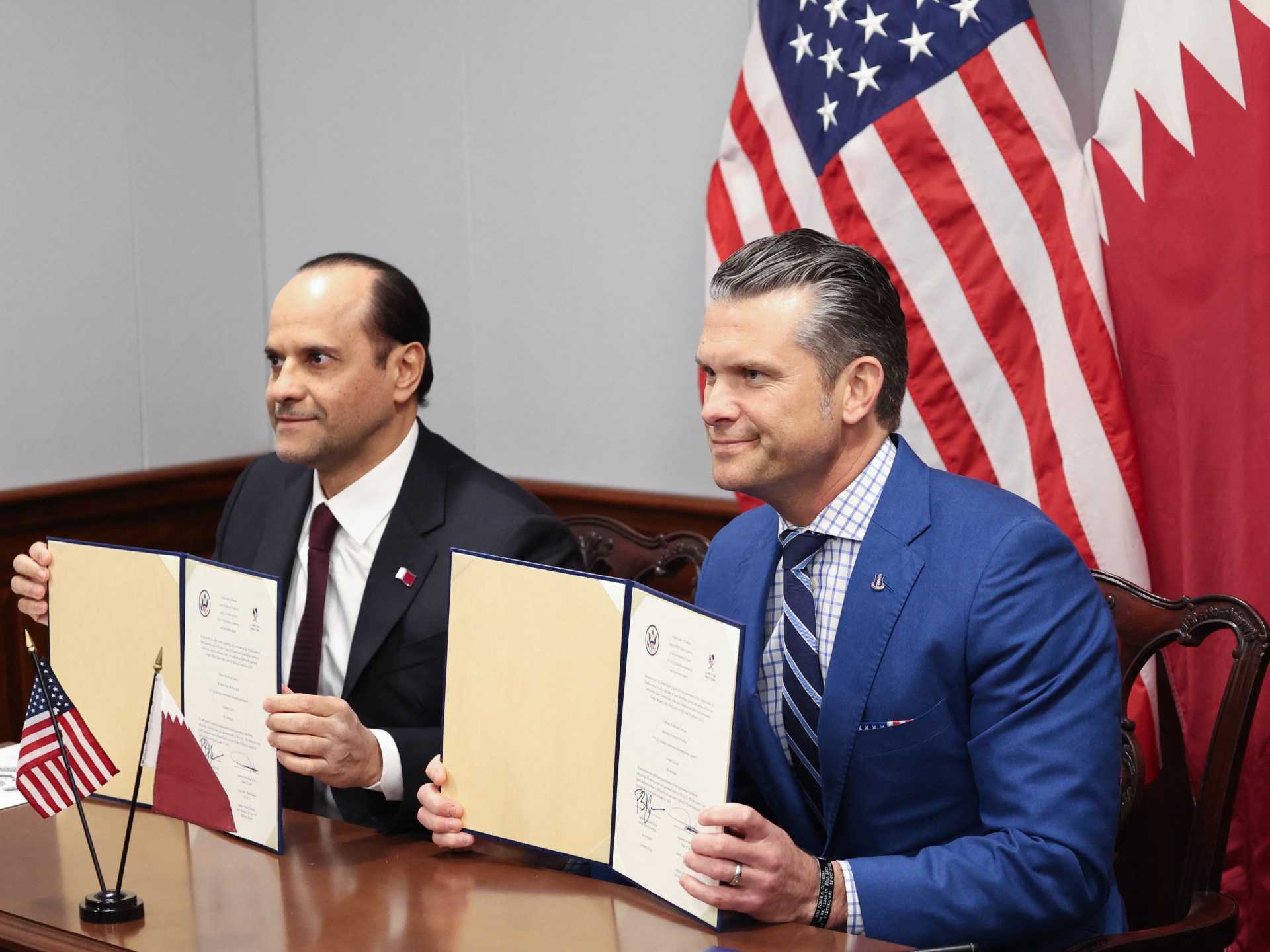
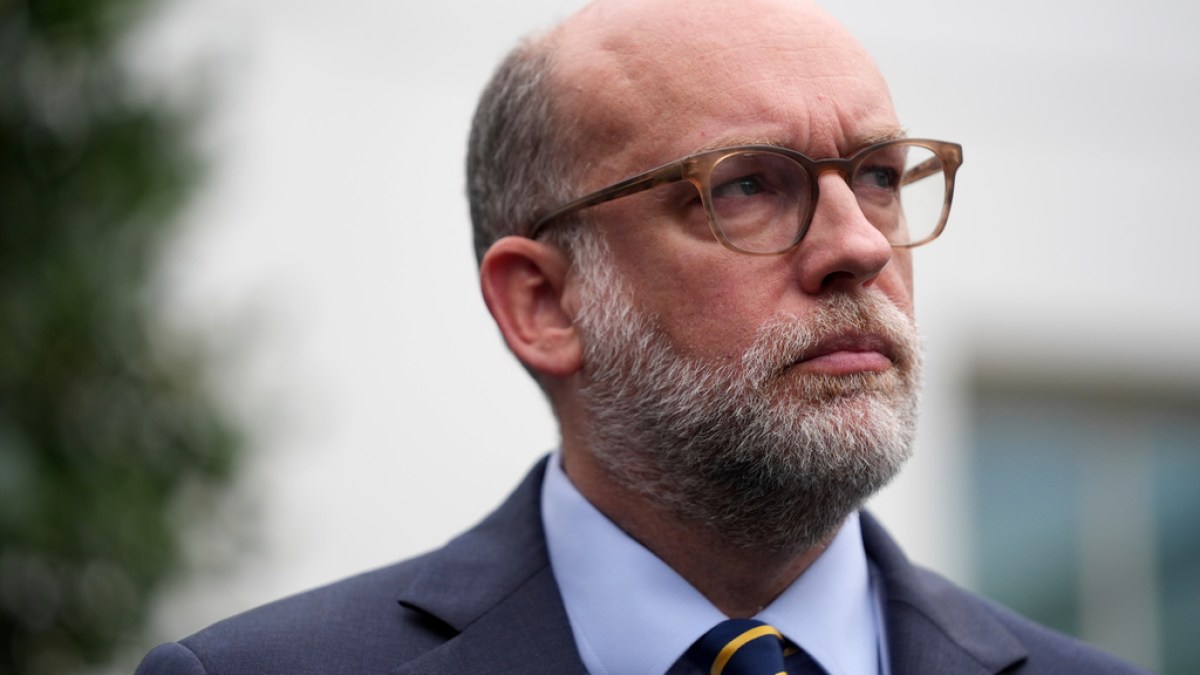
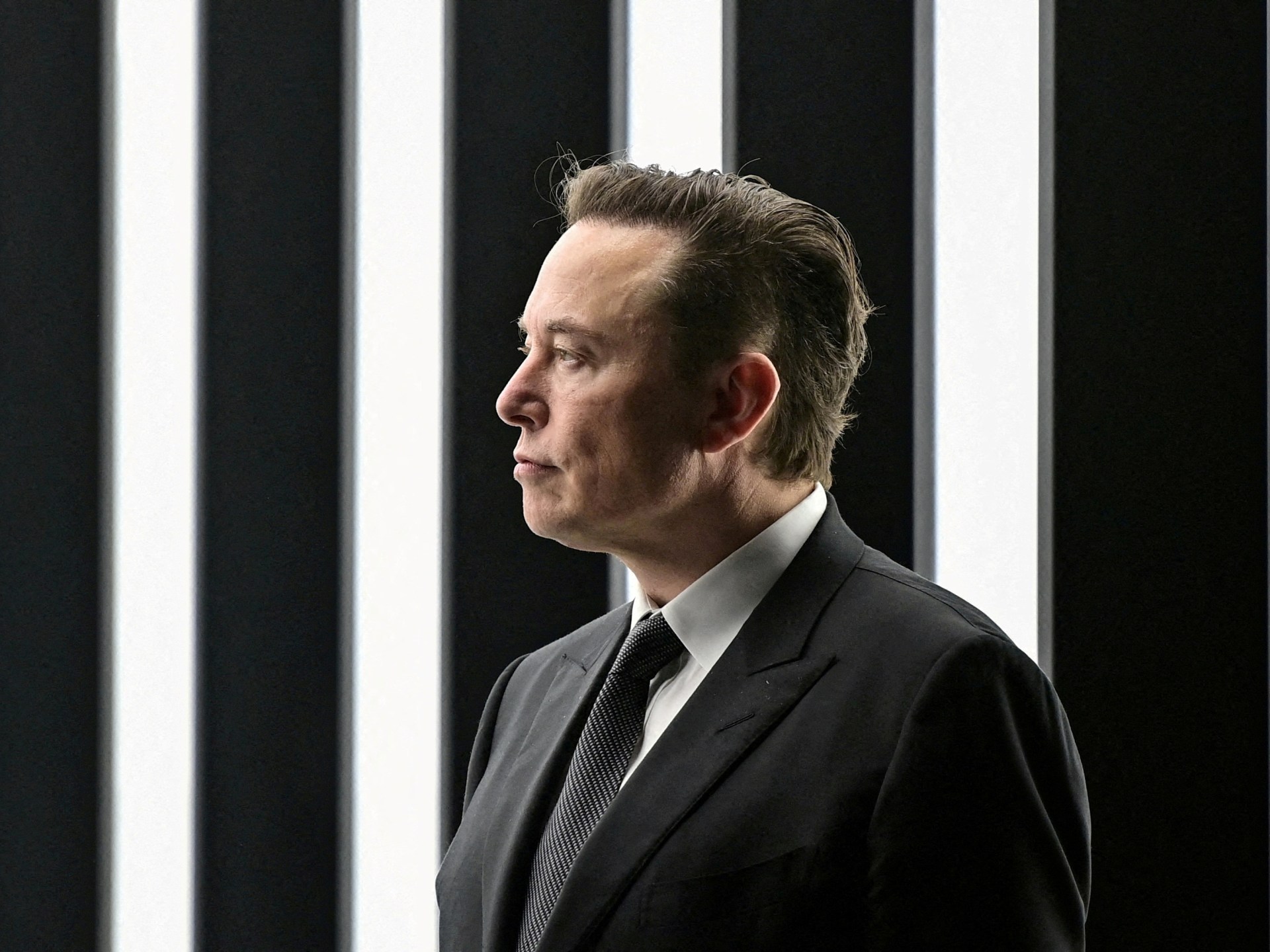
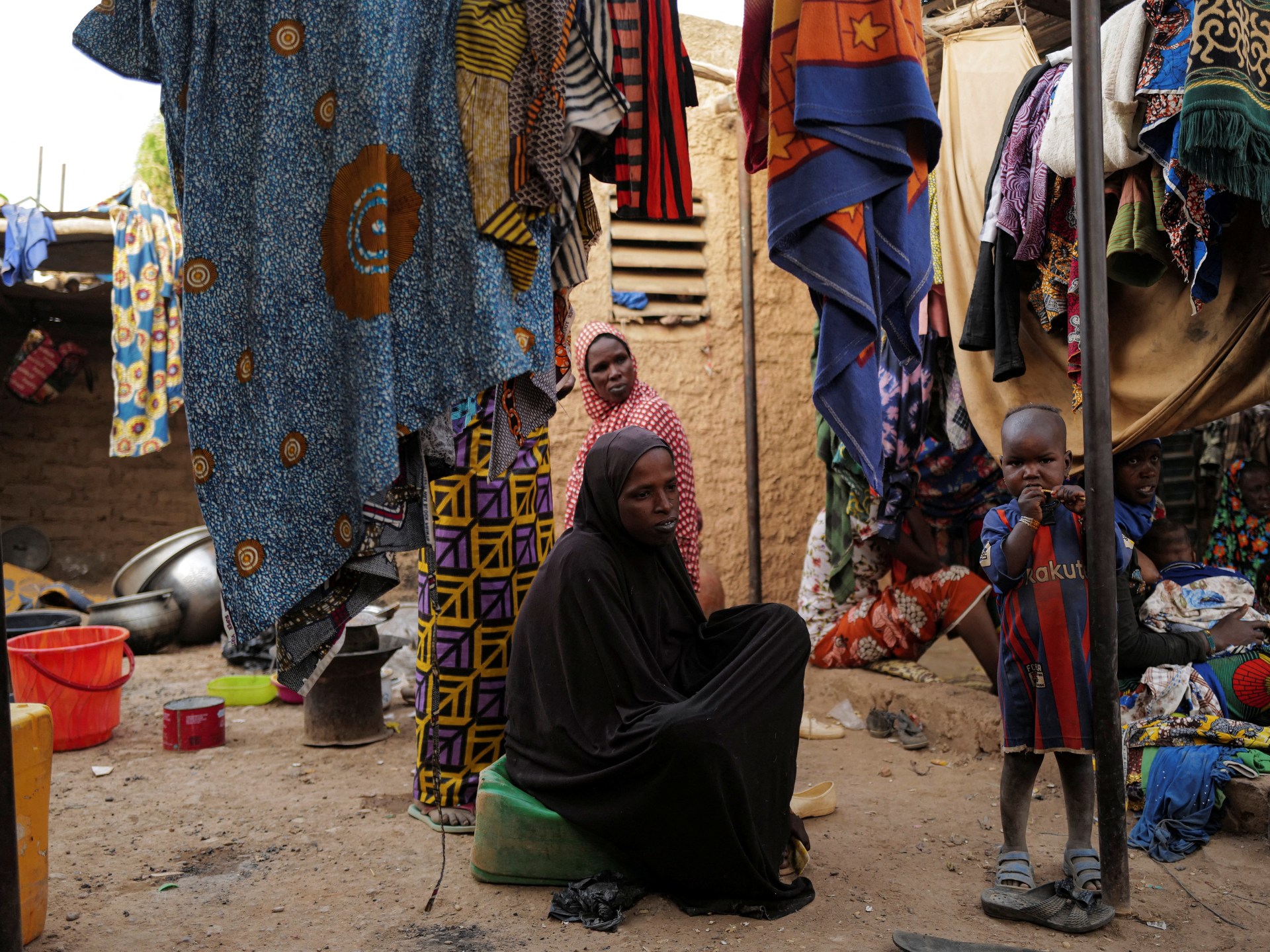
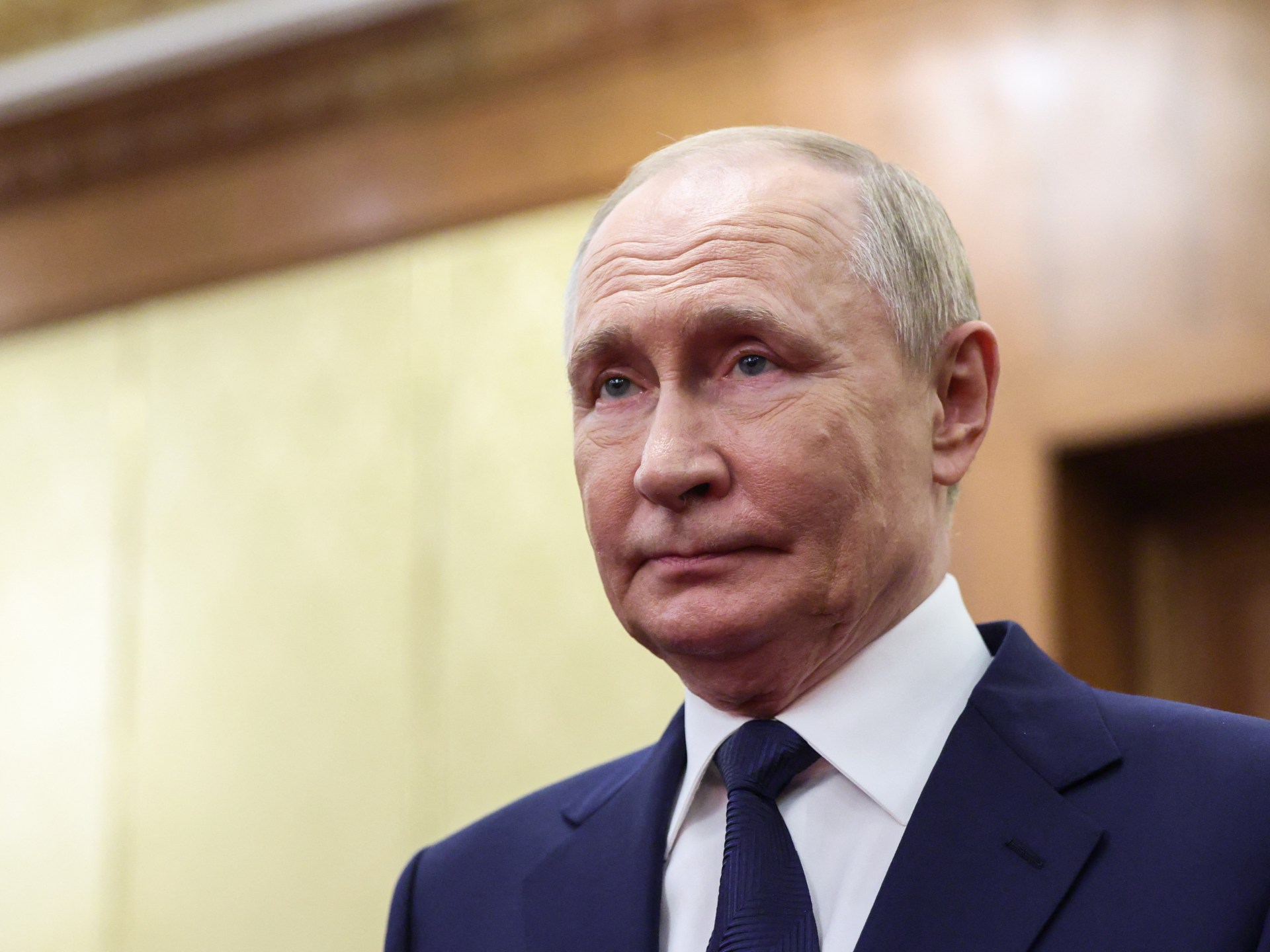
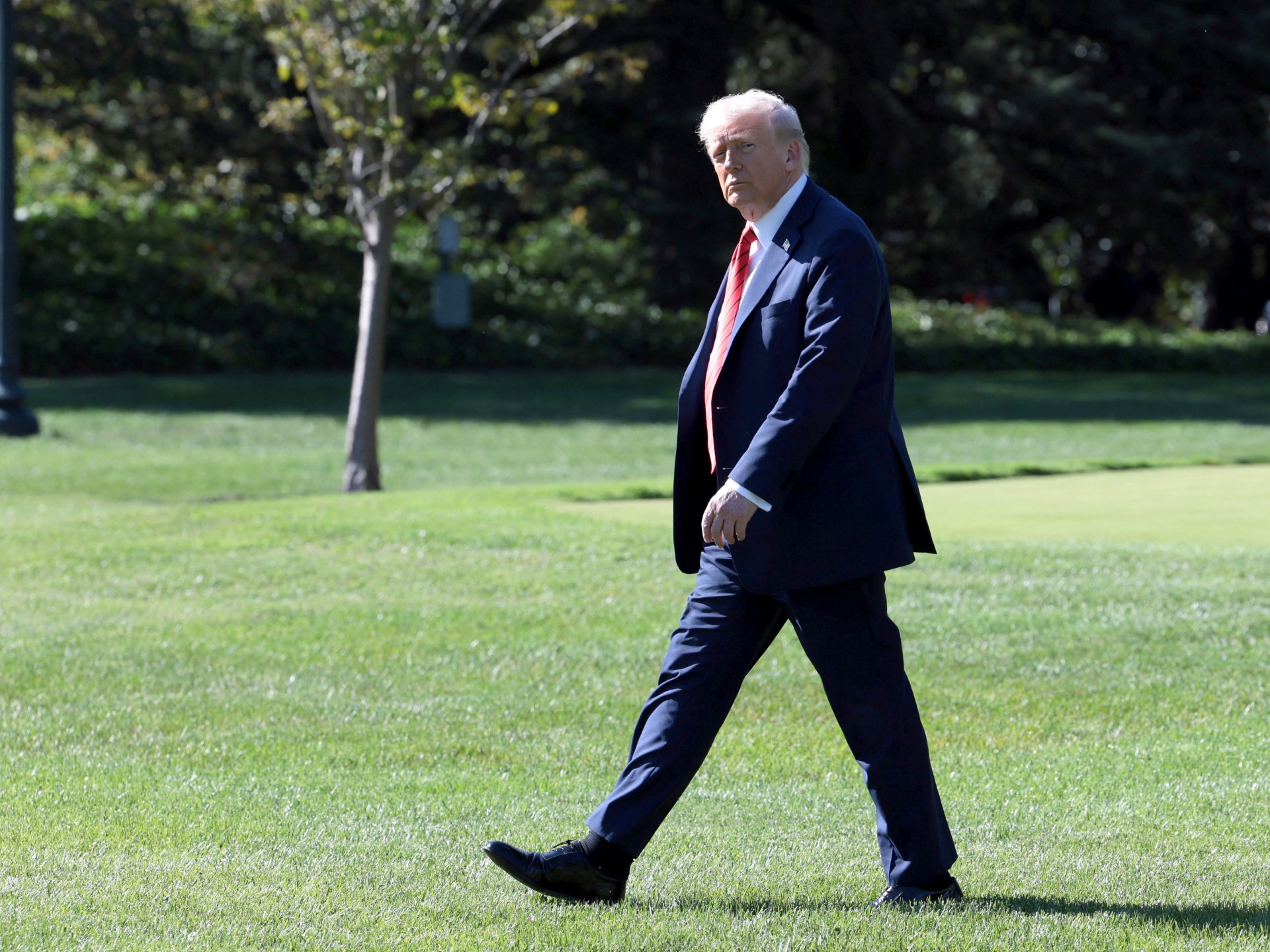
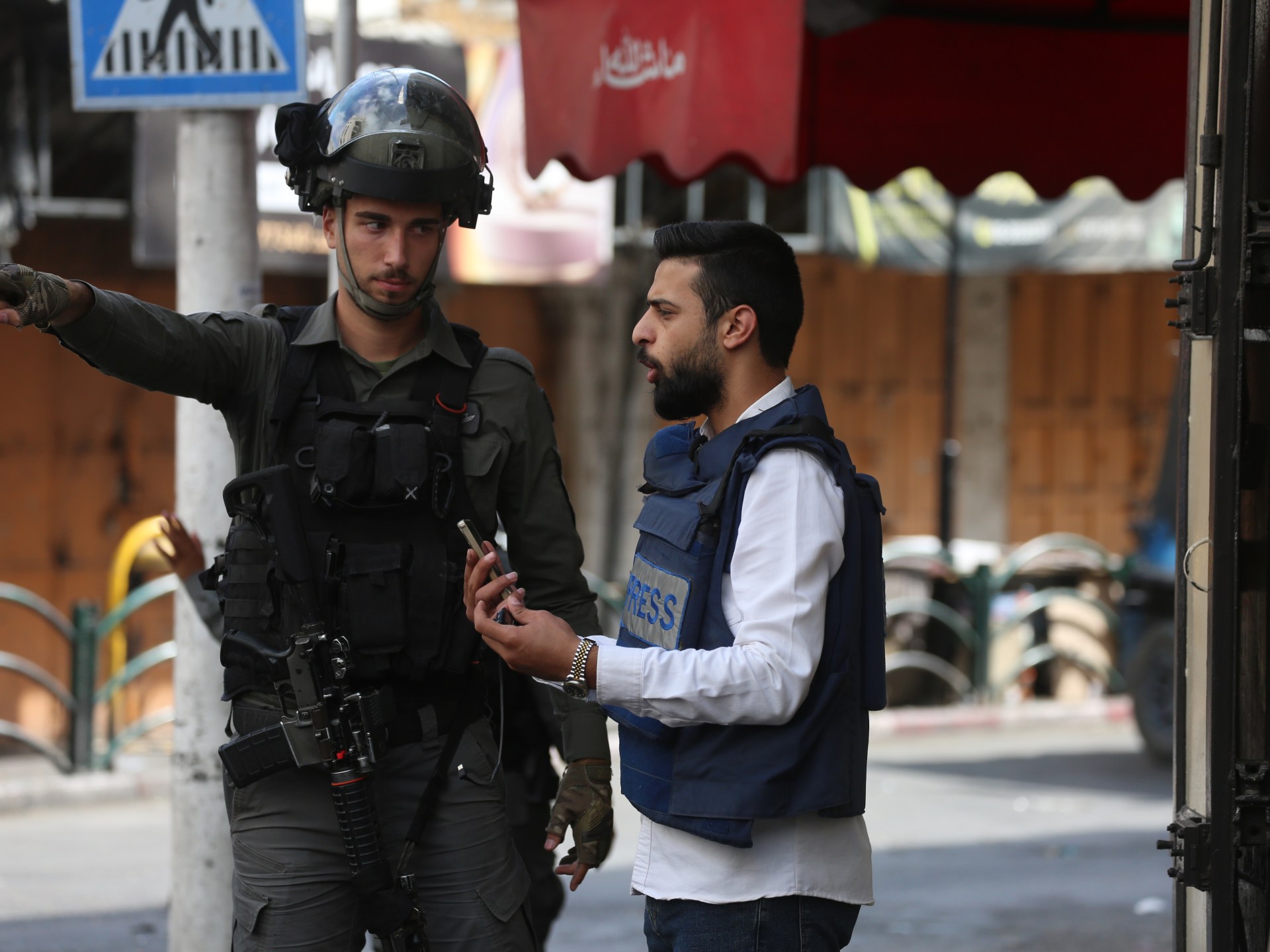
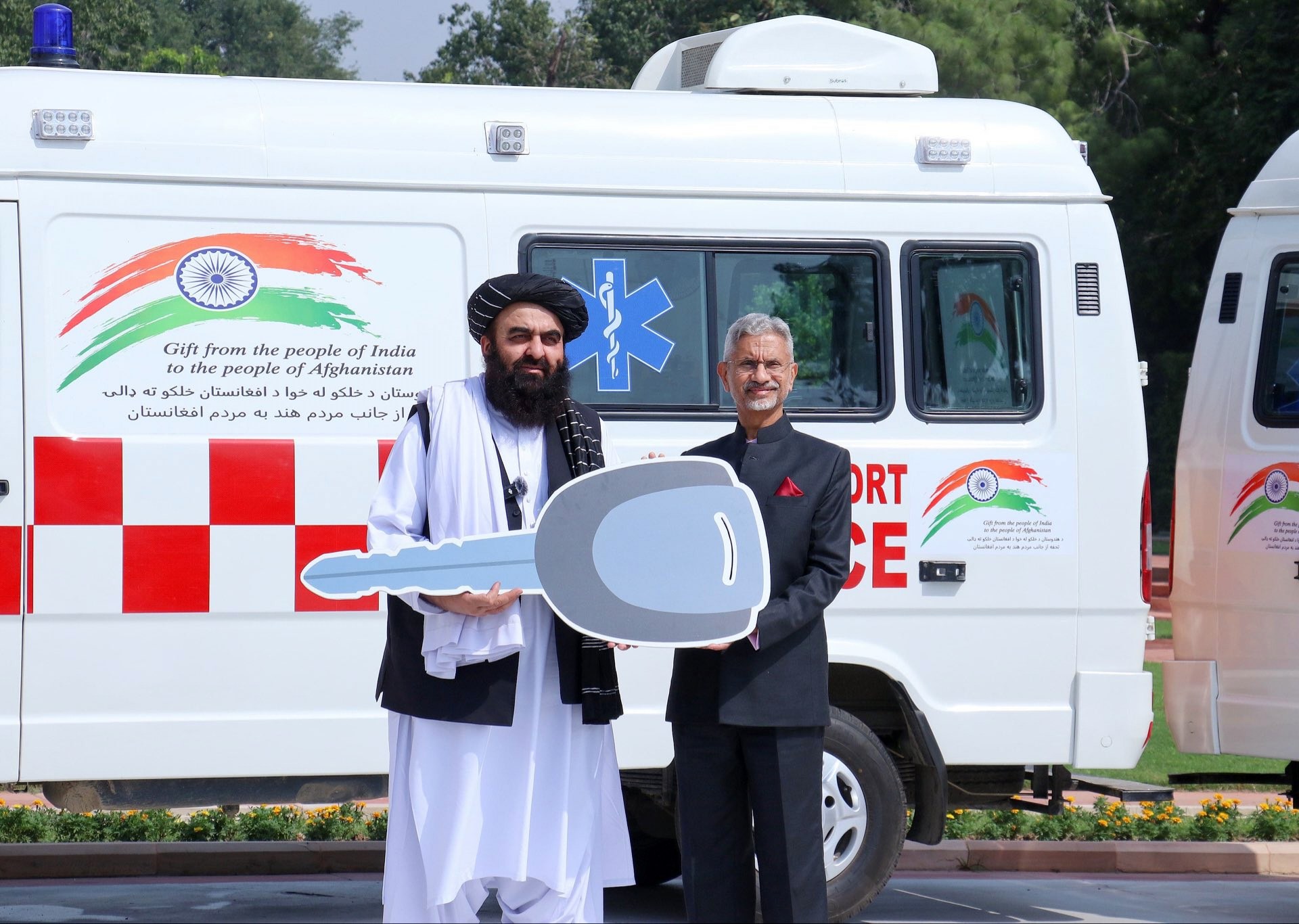
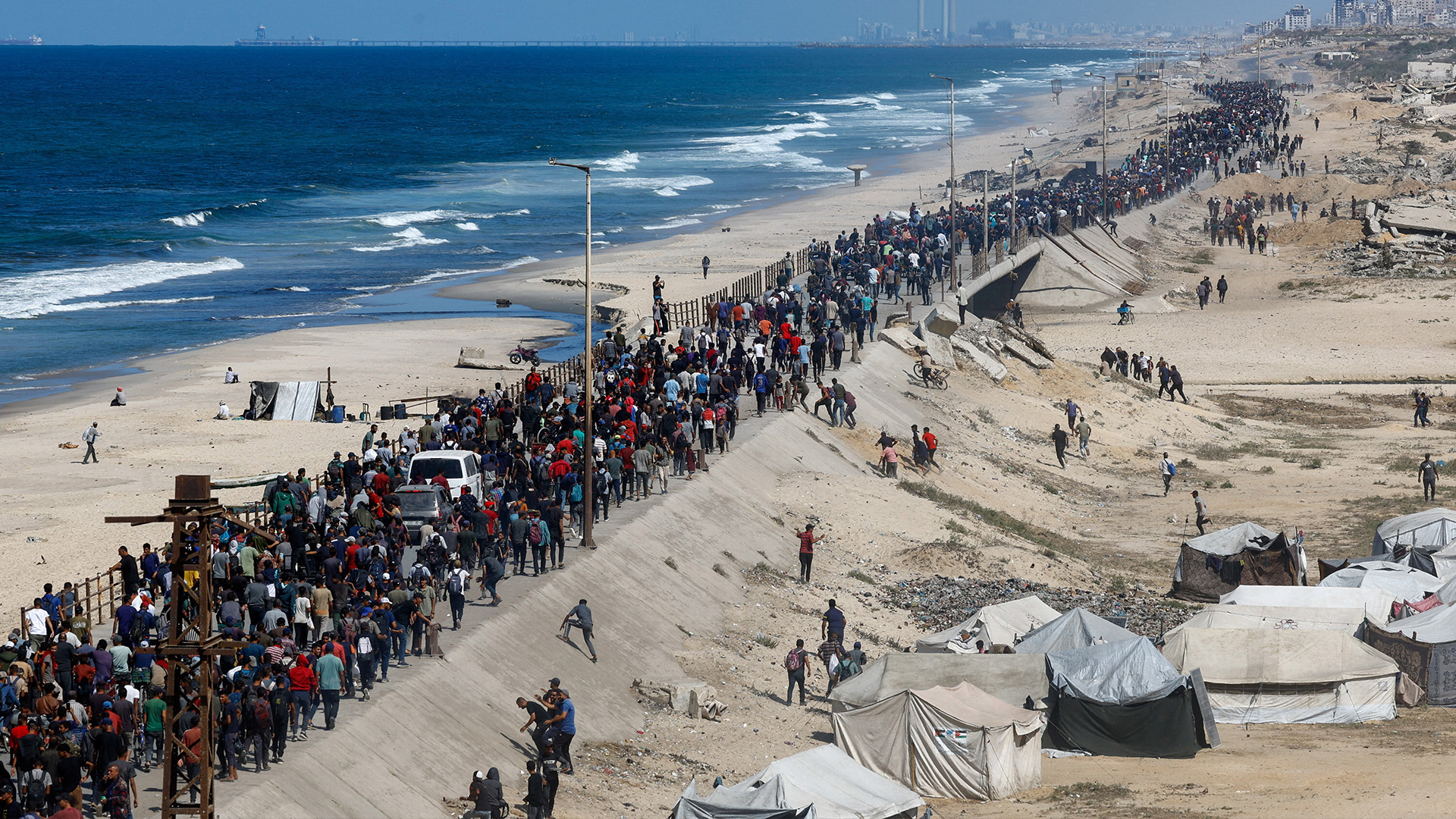


Leave a Reply